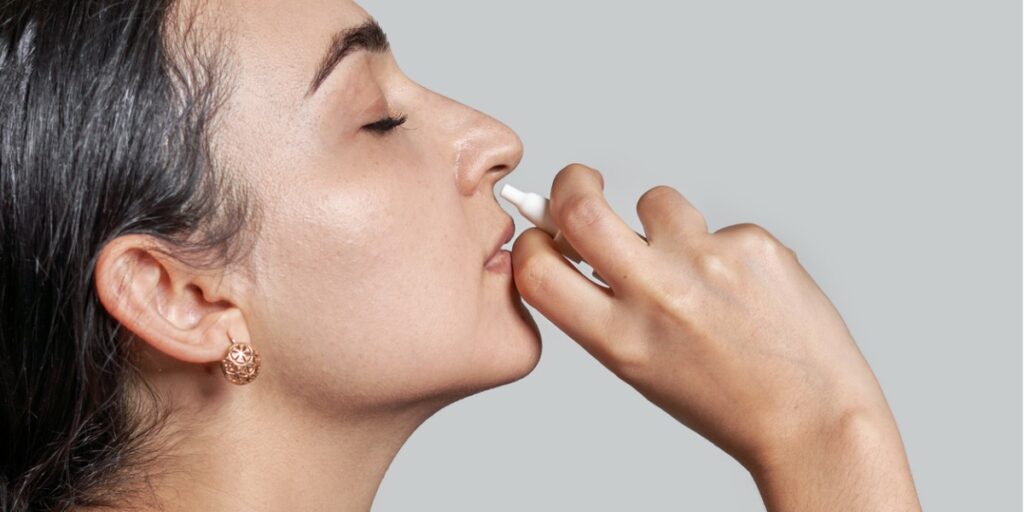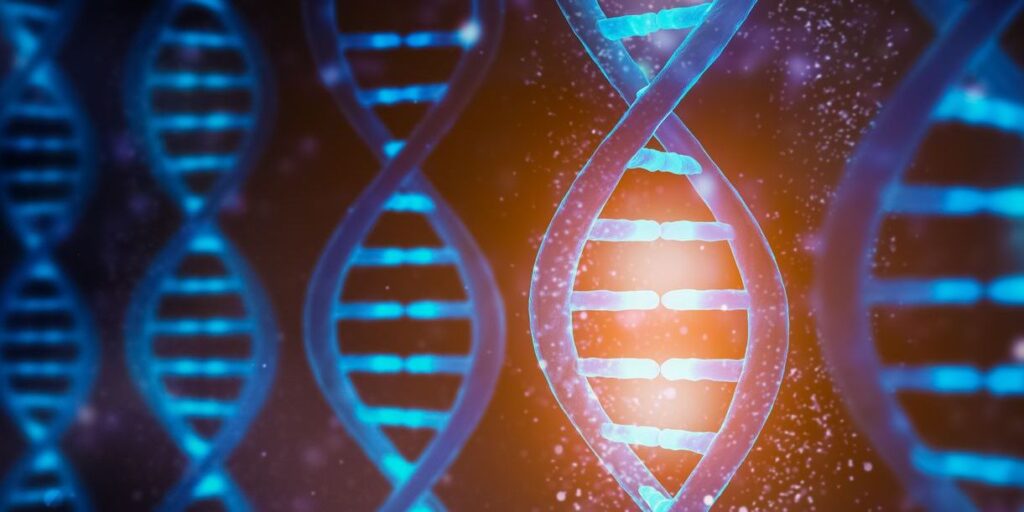Conversion disorder typically occurs after a traumatic experience and persists as a form of disability without injury. Patients display physical symptoms for which there is no known physical cause and which they can’t control.
At CCI, we understand conversion disorder, and our dedicated treatment team can help people with conversion learn to manage their symptoms and live a full and fulfilling life.
Without treatment, the underlying stressful event that originally triggered the conversion disorder can continue to cause problems. If the disorder is caused by a chronic disorder such as depression, then depression must be treated in order to stop the conversion disorder episodes from recurring. At CCI, we specialize in providing a thorough diagnostic process in order to ensure that patients with conversion disorder are treated for the psychological issues that create their symptoms.
Our experienced clinical and medical staff will design a personalized plan that may include therapy, counseling, medication, and various complementary treatment approaches. At CCI, we use an integrated, holistic treatment model to support the whole person. We know that each individual who seeks help at CCI is more than their diagnosis and more than their symptoms. We’re trained to look past symptoms to see the person. If you choose treatment at CCI, we work with you to manage your emotions and behaviors and give you the tools you need to reclaim control of your life.
Conversion Disorder, Addiction, and Co-Occurring Disorders
Mental health experts define conversion disorder as follows:
“Conversion disorder, also called functional neurological symptom disorder, is defined as a psychiatric illness in which symptoms and signs affecting voluntary motor or sensory function cannot be explained by a neurological or general medical condition.”
In other words, conversion disorder occurs when a psychological or emotional crisis results in stress that manifests as a physical problem. Evidence shows the following prevalence of conversion disorder:
- 20-25% of patients in a hospital setting show individual symptoms of conversion disorder
- 5% of patients meet criteria for clinical conversion disorder
In addition, research shows a connection between alcohol/substance use disorder (AUD/SUD) and conversion disorder:
- Among people with AUD, 33.3% receive a diagnosis of conversion disorder during their lives
- Among people who drink heavily and are at risk of AUD, 26.3% receive a diagnosis of conversion disorder during their lives
- People diagnosed with SUD receive a diagnosis of conversion disorder at 2.5 times the rate of people without conversion disorder
However, evidence shows a stronger correlation between conversion disorder and mental health disorders than between conversion disorder and AUD/SUD. Among people with conversion disorder:
- 45.2% diagnosed with a phobia
- 17.8% diagnosed with panic disorder
- 14.8% diagnosed with a depressive disorder
- 7.4% diagnosed with AUD
- 2.2% diagnosed with SUD
Given the high incidence of co-occurring mental health and addiction disorders in patients with conversion disorder, successful recovery depends on an accurate diagnosis by a multidisciplinary treatment team experienced in the assessment of conversion disorder, mental health disorders, and alcohol/substance use disorder.
How We Can Help with Your Conversion Disorder Treatment
The CCI clinical team is experienced in assessing, diagnosing, and treating conversion disorder and co-occurring mental health and/or alcohol/substance use disorders. Every patient at CCI participates in a comprehensive mental health evaluation upon intake to ensure an accurate diagnosis. Once we complete our intake evaluation and arrive at a diagnosis of conversion disorder – or confirm a previous diagnosis of conversion disorder – we work with patients to identify the root cause of the disorder, and create a plan to help them manage and or resolve the psychological, emotional, and physical symptoms associated with conversion disorder.
The Benefits of Treatment for Conversion Disorder
- Patients learn about the circumstances and people that might trigger the symptoms of conversion disorder
- Patients work closely with their counselors to manage their emotions and identify the root cause of their conversion disorder, their mental health disorder, their substance use disorder, or all three
- Patients learn practical skills to manage their symptoms
- Doctors monitor medication and make the appropriate adjustments while keeping a close eye on patient progress
- Staff members can offer consistent support when it’s needed most
Learn More Today
If you or someone in your family experiences the acute symptoms of conversion disorder, a mental health disorder, or an alcohol/substance use disorder, Crownview Co-Occurring Institute may have a program that meets your needs. Contact us today to learn how we can help.



 Kimberly Gilkey, RADT-1
Kimberly Gilkey, RADT-1 Timothy Wieland
Timothy Wieland David Abram
David Abram Mark Melden, DO/DABPN
Mark Melden, DO/DABPN Jeffrey Klein
Jeffrey Klein Nathan Kuemmerle, MD
Nathan Kuemmerle, MD Laura Hopper, Ph.D.
Laura Hopper, Ph.D. Rebecca McKnight, PsyD
Rebecca McKnight, PsyD Milena Dun, PhD
Milena Dun, PhD Brieana Turner, MA, LMFT
Brieana Turner, MA, LMFT Brittany Perkins, MA, LMFT
Brittany Perkins, MA, LMFT Joanne Talbot-Miller, M.A., LMFT
Joanne Talbot-Miller, M.A., LMFT Alexis Weintraub, PsyD
Alexis Weintraub, PsyD Kathleen McCarrick, MSW, LSW
Kathleen McCarrick, MSW, LSW Christina Lam, N.P.
Christina Lam, N.P. John P. Flores, SUDCC-IV-CS, CADC II
John P. Flores, SUDCC-IV-CS, CADC II David Dalton, Facility Operations Director
David Dalton, Facility Operations Director Amy Thompson
Amy Thompson Kelly Schwarzer
Kelly Schwarzer Jovanna Wiggins
Jovanna Wiggins Alexandria Avalos, MSW, ACSW
Alexandria Avalos, MSW, ACSW Michelle Ertel
Michelle Ertel Emily Skillings
Emily Skillings Amanda Irrgang, Registered Dietitian Nutritionist (RDN)
Amanda Irrgang, Registered Dietitian Nutritionist (RDN) Gianna Melendez
Gianna Melendez Jodie Dahl, CpHT
Jodie Dahl, CpHT Jordan Granata, PsyD
Jordan Granata, PsyD